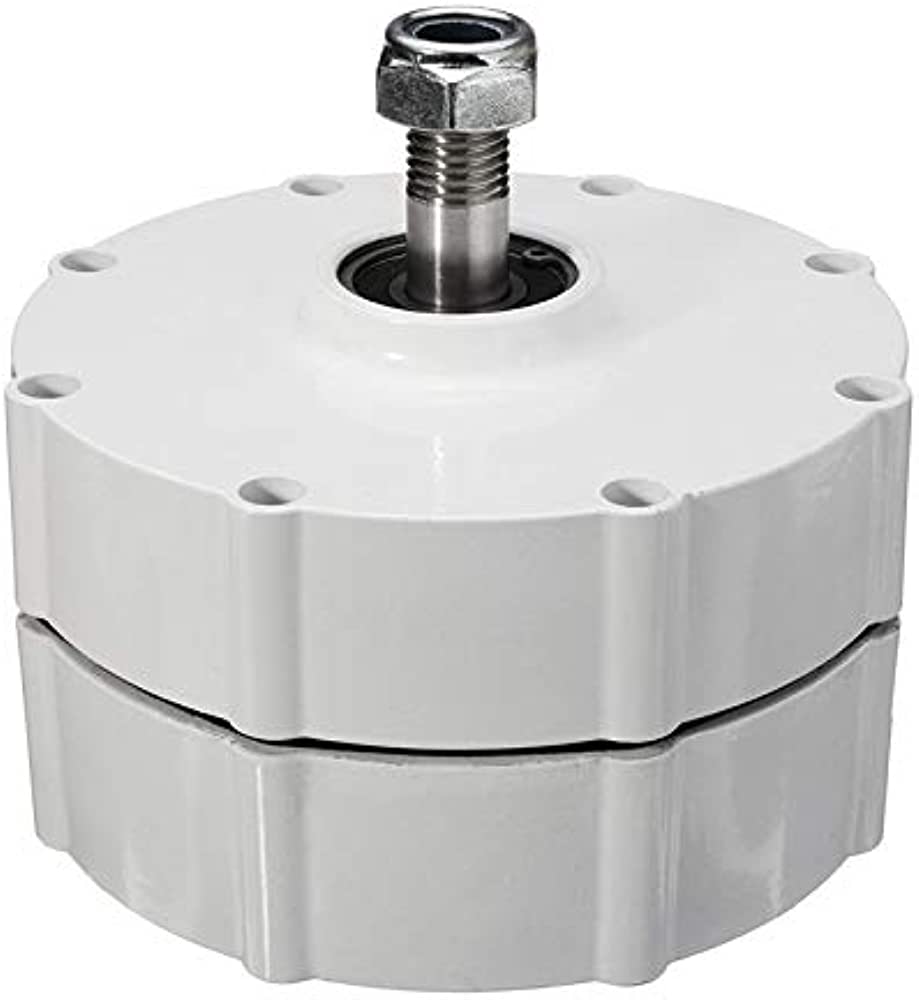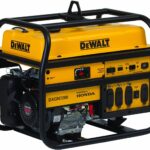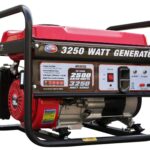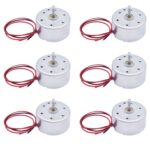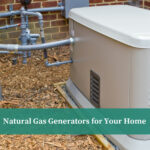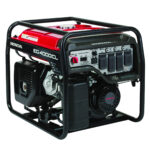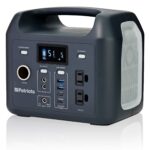Efficient generators have revolutionized the power industry by unlocking unprecedented levels of power and performance. By leveraging advanced technology, these generators are able to generate more electricity while using less fuel. This makes them an ideal solution for businesses and homes that need a reliable and cost-effective power source. In this article, we will discuss the benefits of an efficient generator and how it can help unlock greater power for businesses and homes.
Portable Generators
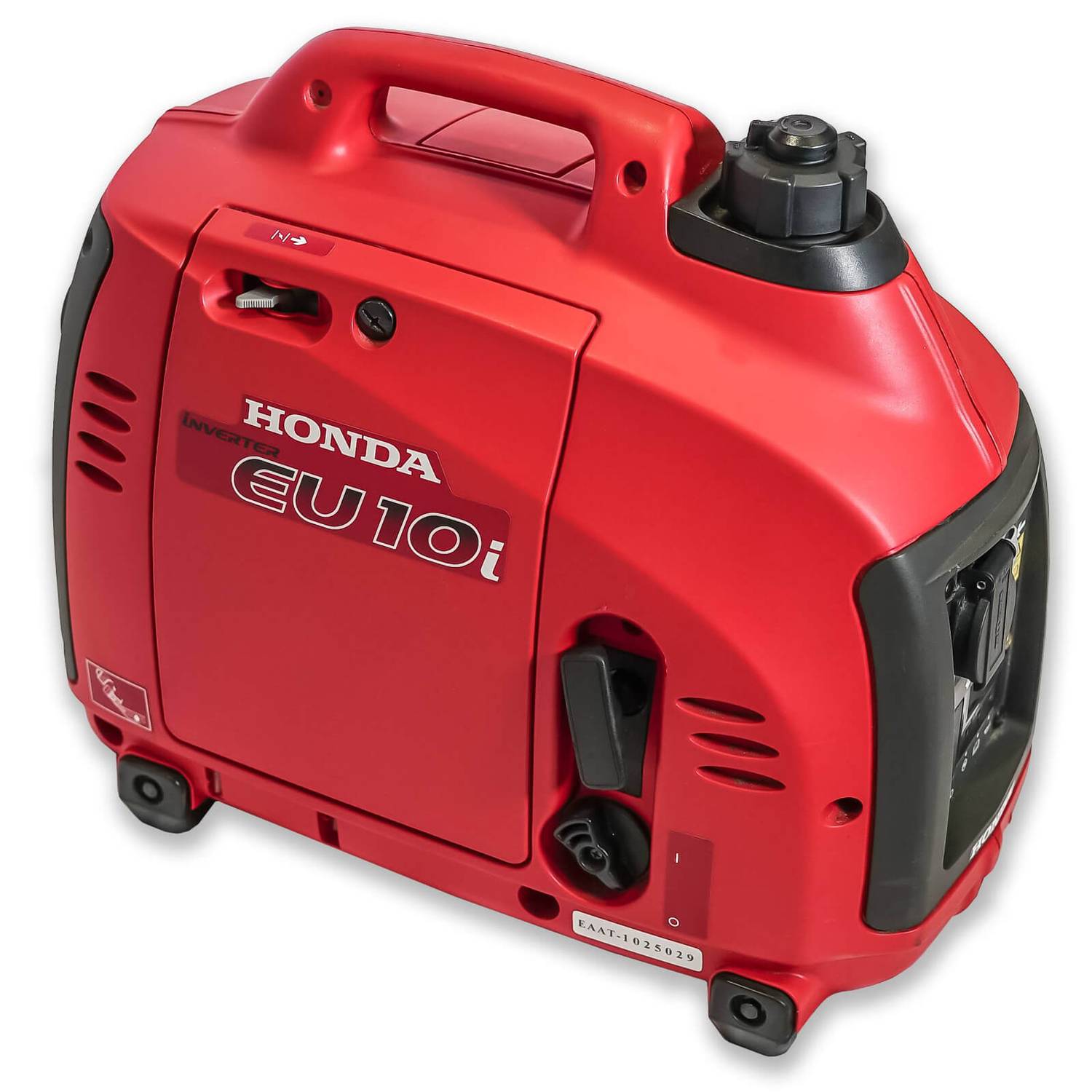
Portable generators are used to provide temporary power for recreational, residential, commercial and industrial applications. These generators are easy to transport and are ideal for emergencies, providing power to critical devices such as refrigerators, freezers, lights, heaters, and air conditioners.
Standby Generators
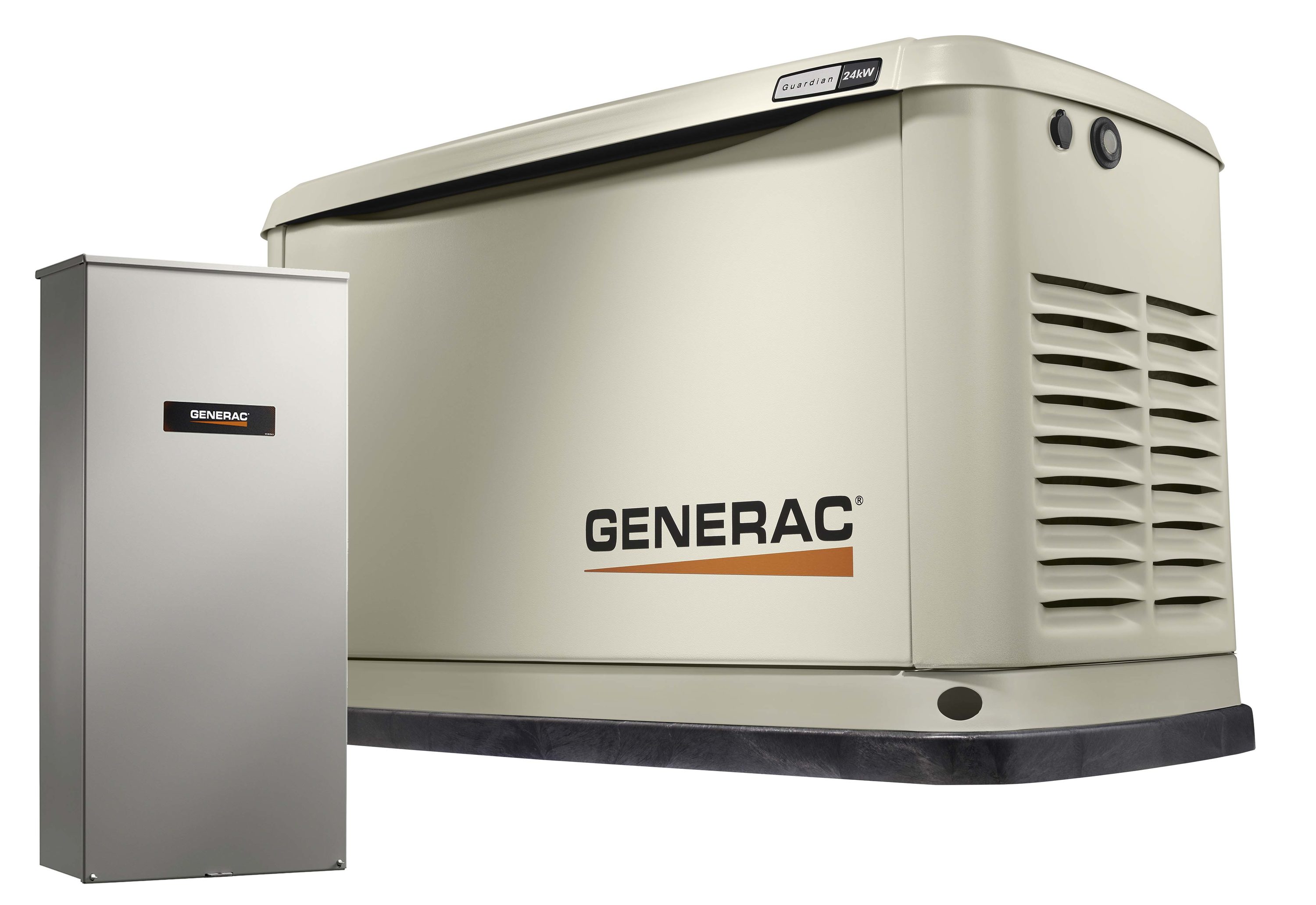
Standby generators are permanently installed outside the home or business and provide automatic backup power when the main power source fails. They are powered by natural gas or propane and provide uninterrupted power to essential appliances and systems.
Commercial Generators
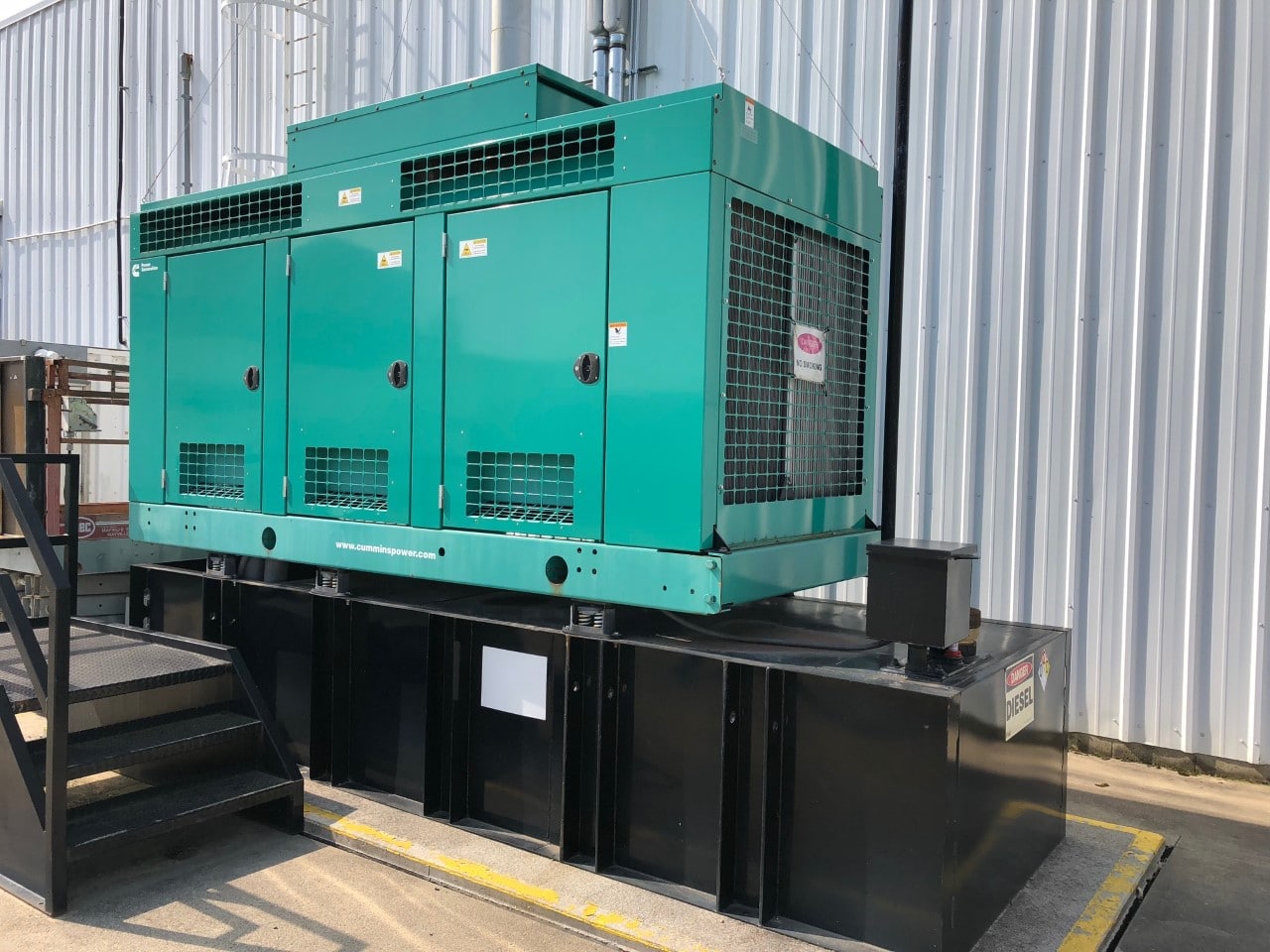
Commercial generators are used to provide power to large businesses, organizations, and industries. They are designed to be reliable and provide long-term power solutions for organizations that rely on electricity for their day-to-day operations. They are typically powered by natural gas or diesel and are capable of providing large amounts of power for extended periods of time.
Benefits of an Efficient Generator
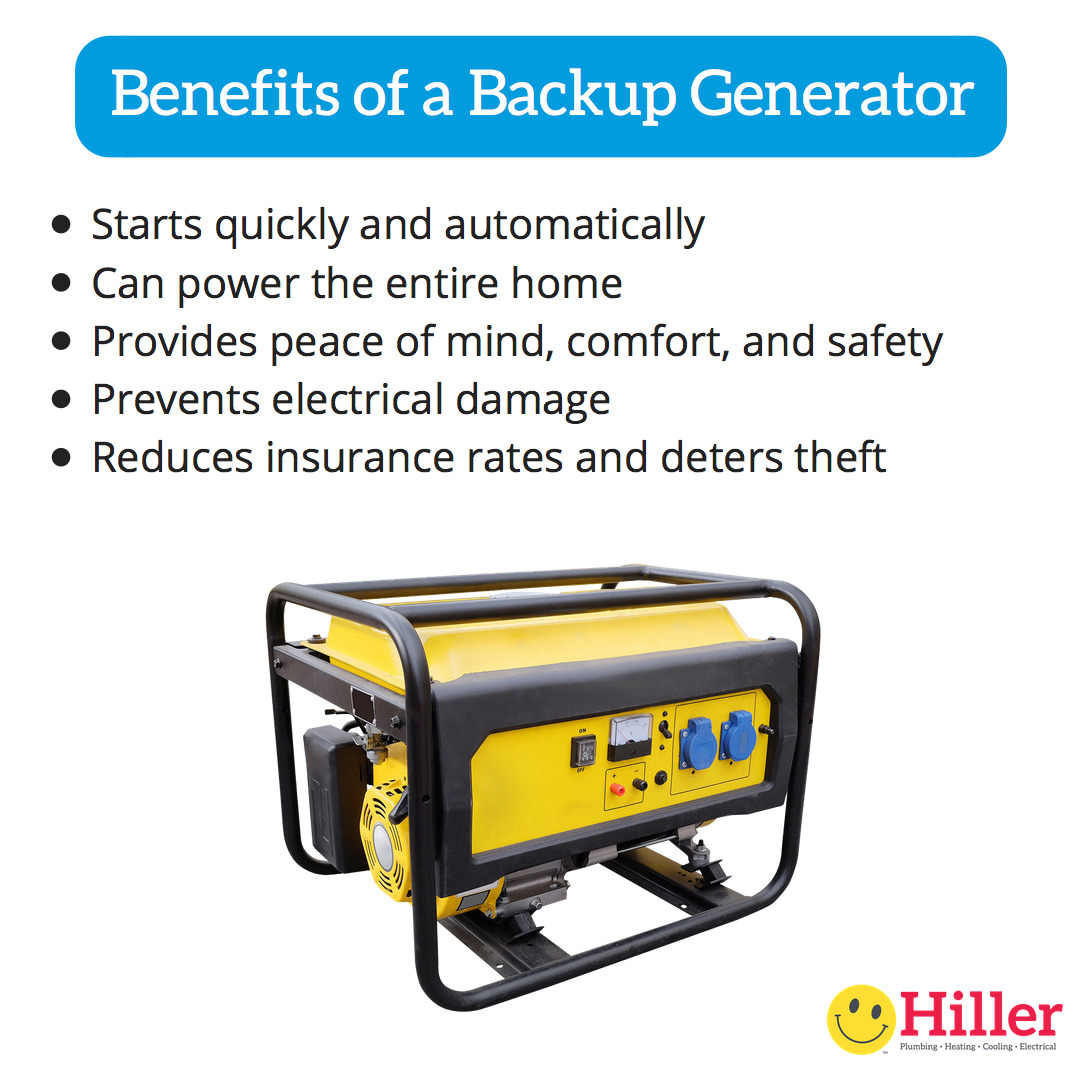
Efficient generators help to reduce fuel consumption and lower emissions. This makes them a much more cost-effective and environmentally friendly option compared to traditional generators. An efficient generator also runs quieter and produces less vibration, making it better suited for residential and commercial use. Additionally, they require less maintenance and have longer lifespans, resulting in fewer repair bills. Furthermore, they often come with a range of advanced functions, such as remote monitoring and control, which can make them easier to operate and more reliable. Finally, efficient generators are typically more compact and lightweight, making them easier to transport and store.
Size
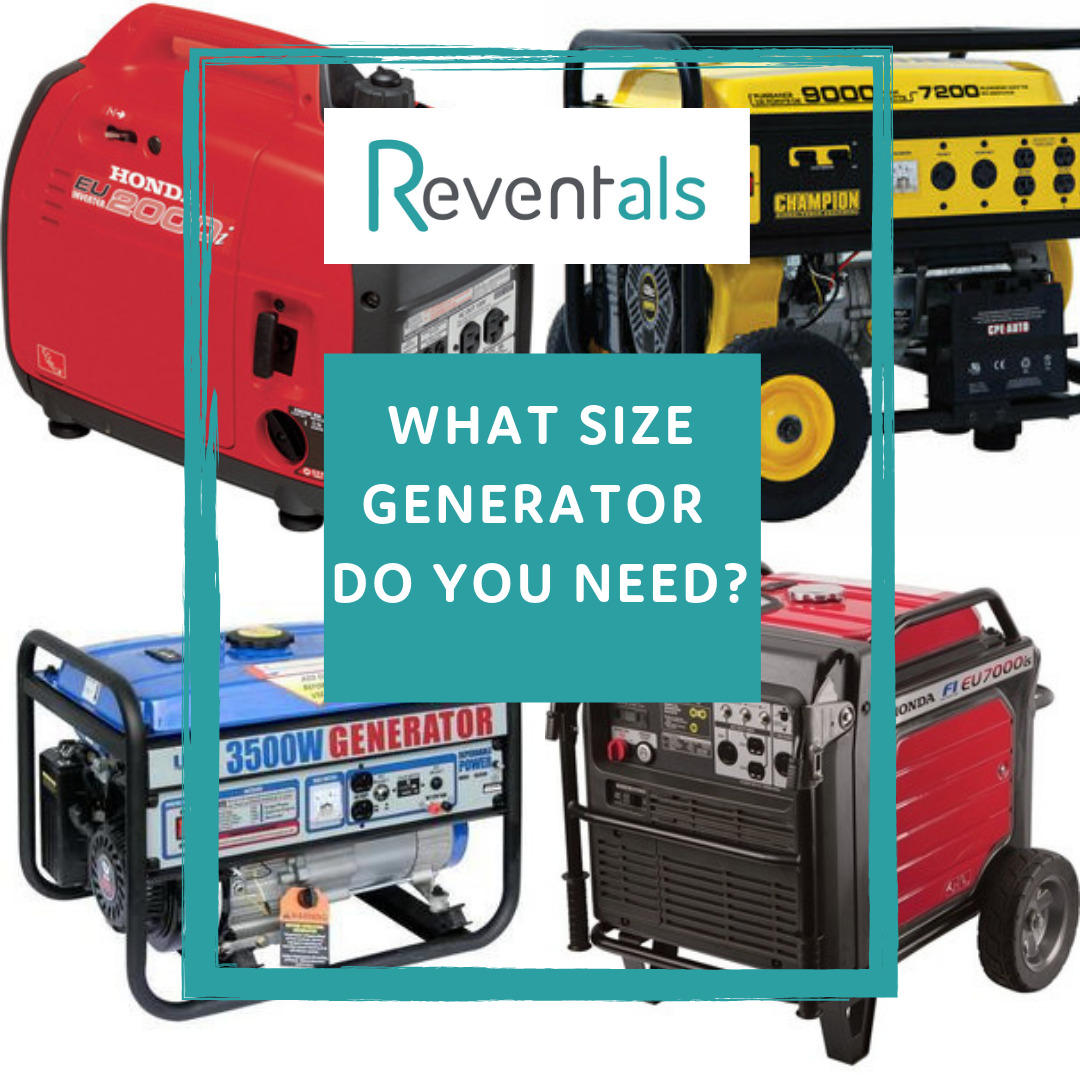
When choosing a generator, size is an important factor. Portable generators are typically smaller and more lightweight, making them easy to move around. Additionally, consider the size of the fuel tank and the fuel consumption rate of the generator, which will determine how often the generator needs to be refueled.
Noise Level
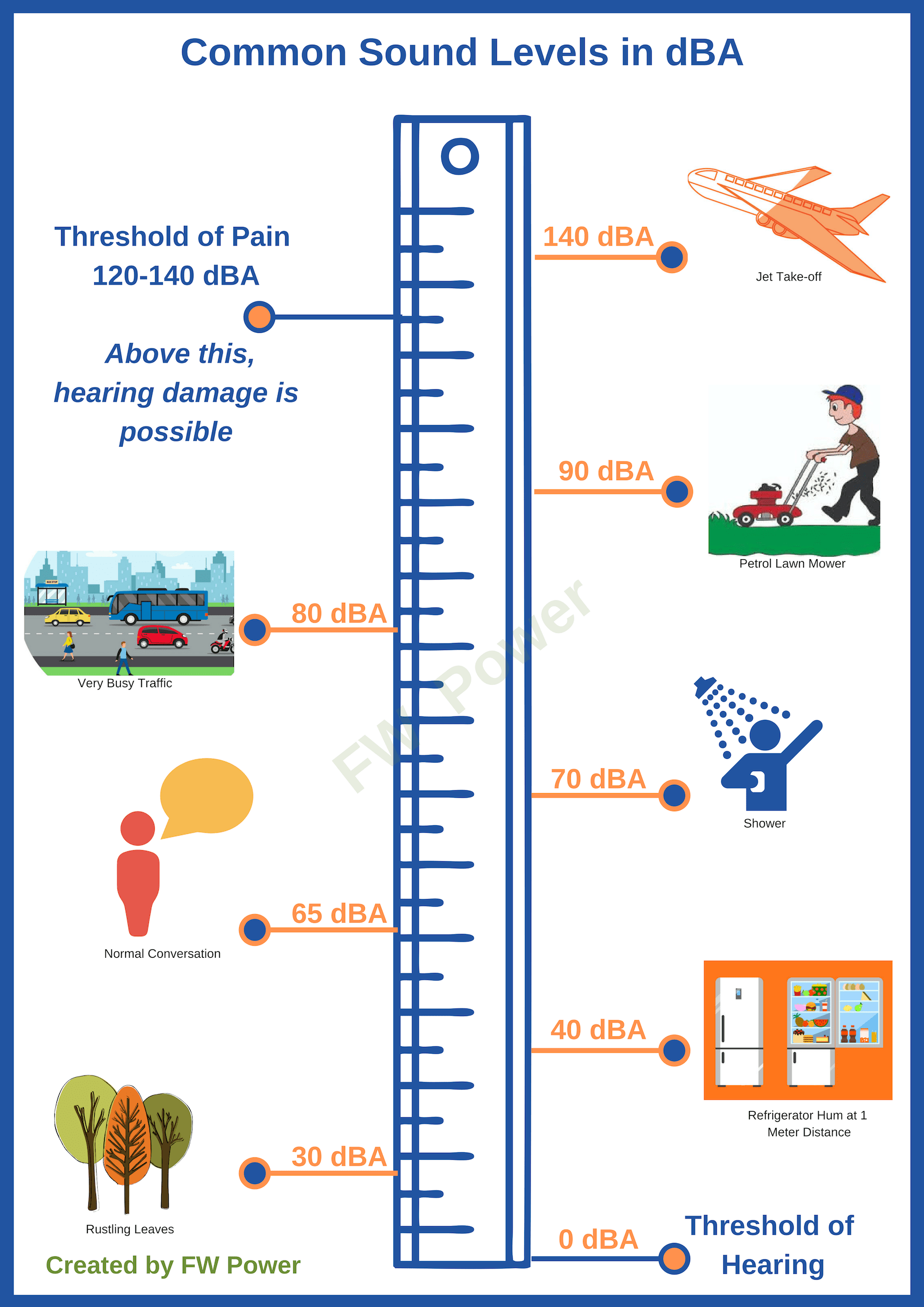
The noise level of a generator is a major consideration, especially if the generator will be used in a residential area. Generators that have sound-proofing insulation or a muffler can be less disruptive. Additionally, some models offer adjustable speed settings, which can help reduce the noise level.
Emissions
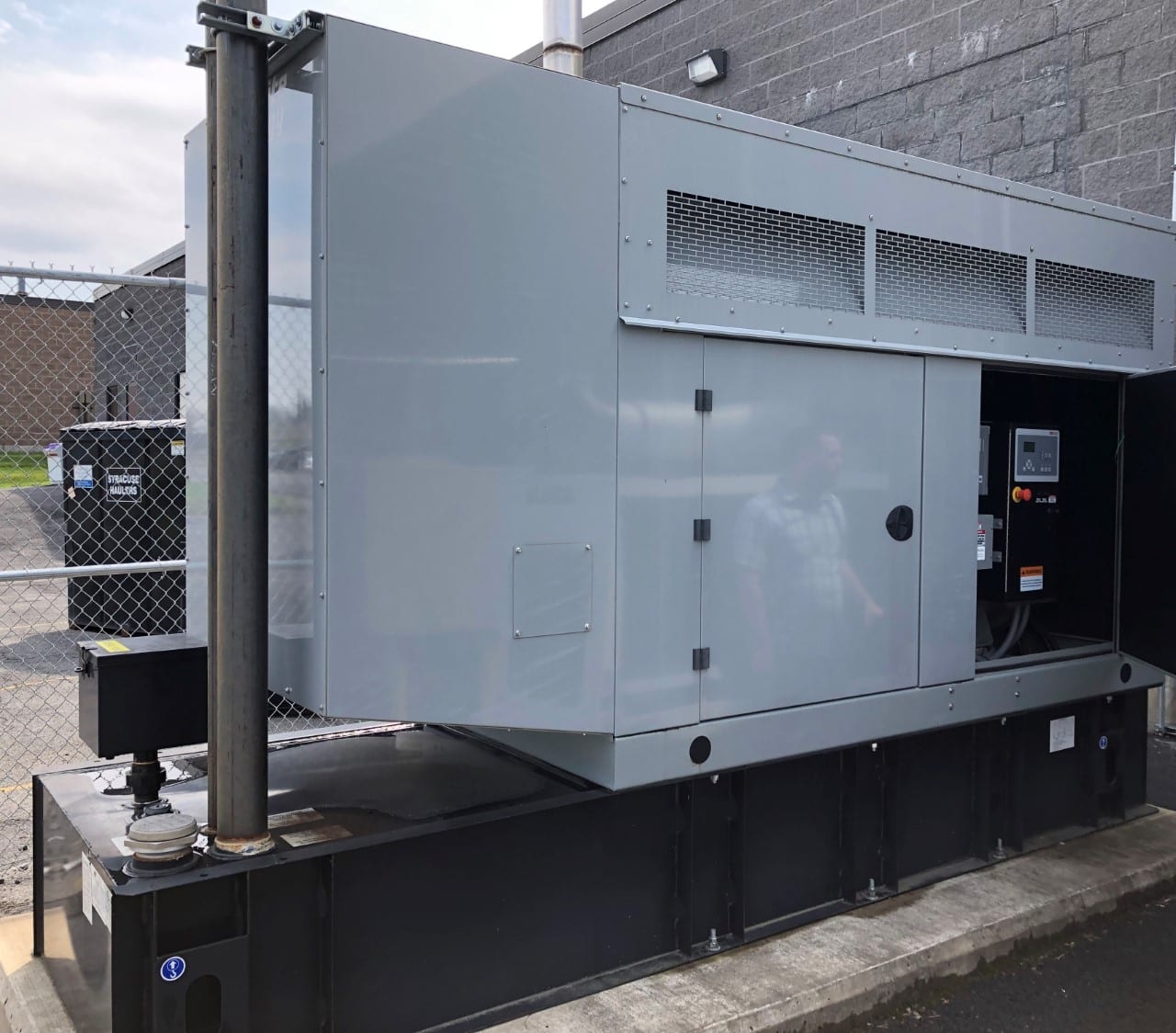
The exhaust emissions of a generator should be taken into account, as some models may produce high levels of pollutants. Look for a generator that is EPA-certified or has a CARB-compliant engine, which indicates that the generator meets certain emissions standards.
4. Fuel Efficiency
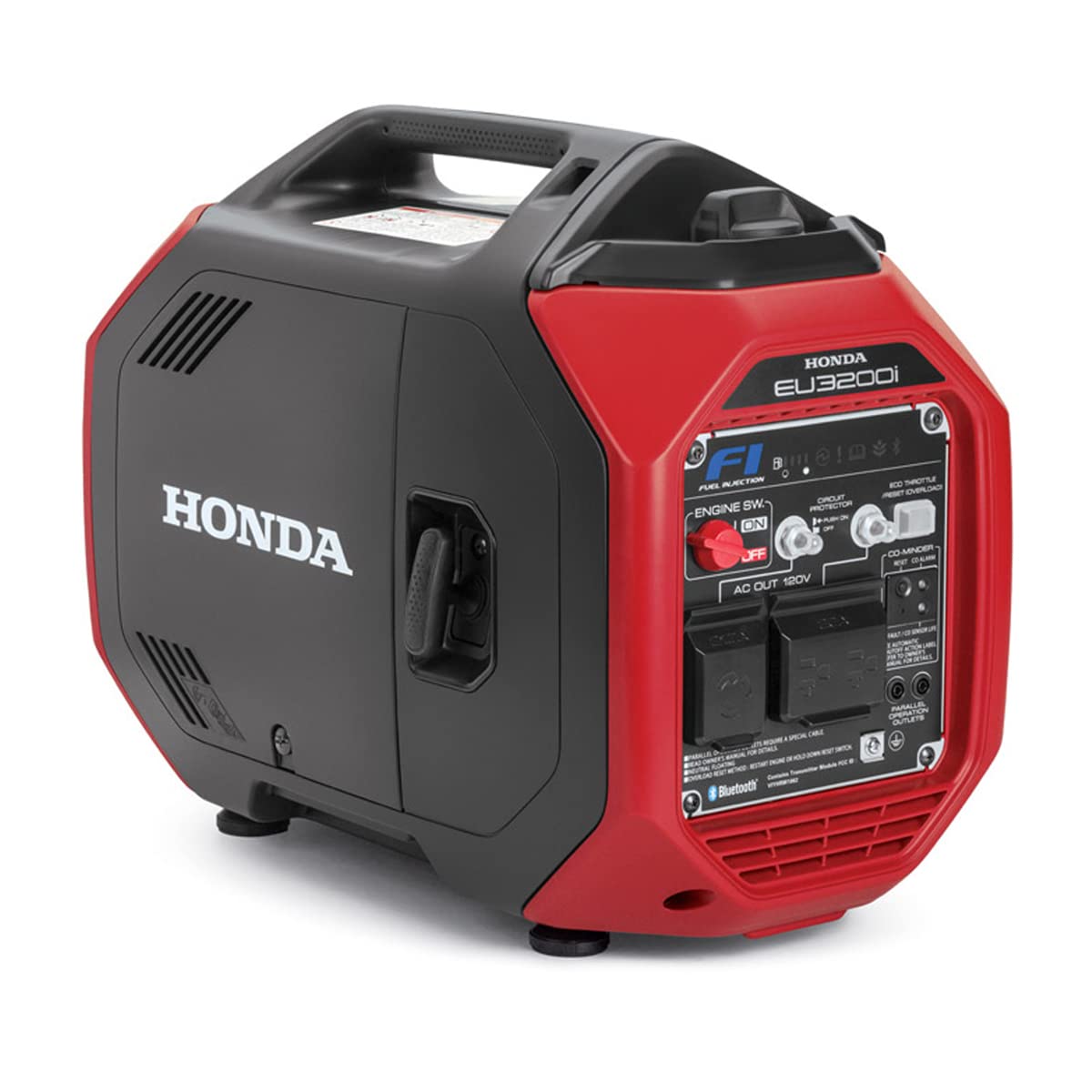
Efficient generators are designed with fuel efficiency in mind. By utilizing advanced technologies such as variable speed control and fuel injection, generators can reduce fuel consumption substantially. In addition, eco-friendly generators often feature automatic power reduction when idle, further reducing fuel consumption. When shopping for an efficient generator, always look for one with a high fuel efficiency rating, as this will save you money in the long run.
5. Cost
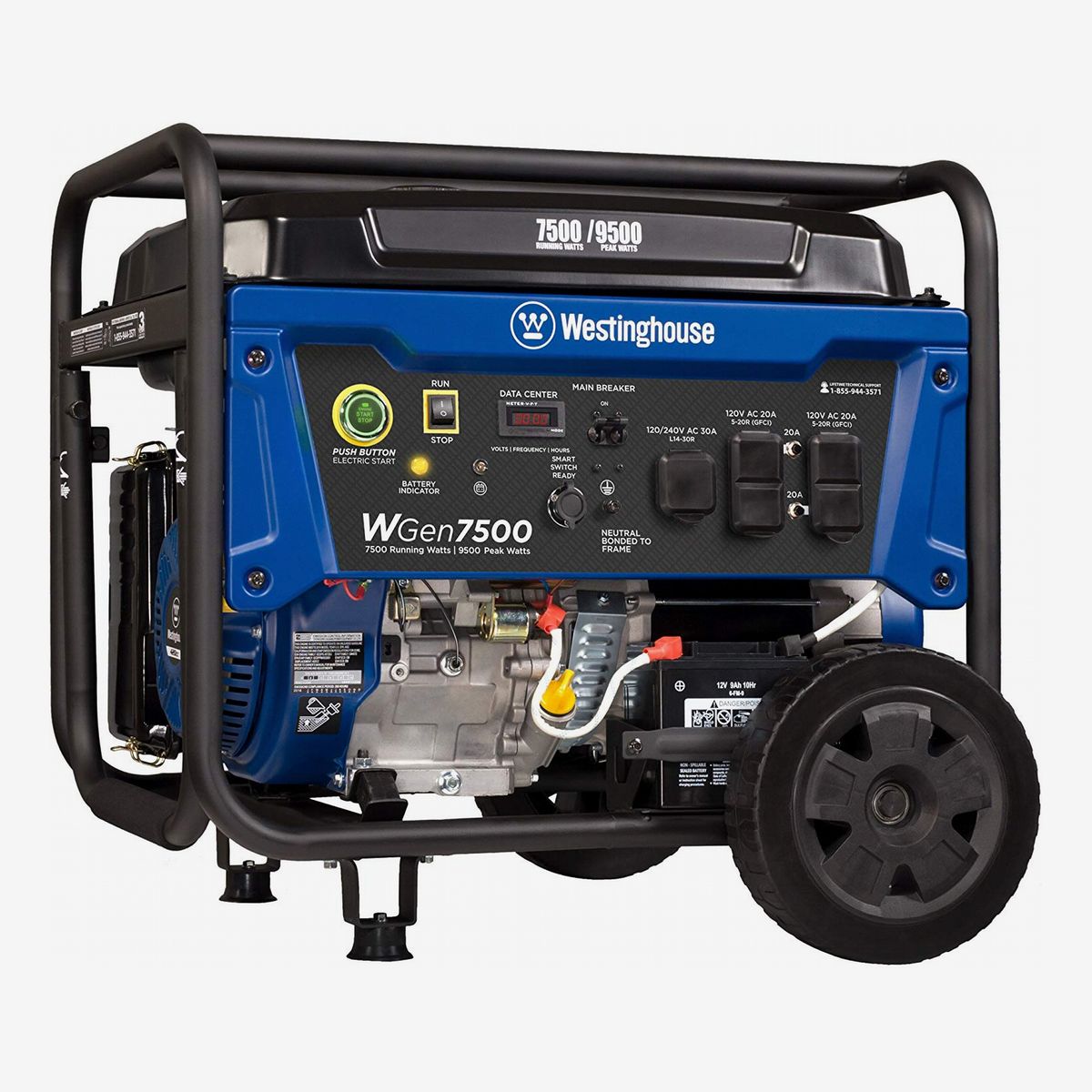
| Sr. No. | Cost Component | Amount (in USD) |
|---|---|---|
| 1 | Generator | $2,500 |
| 2 | Installation | $1,000 |
| 3 | Fuel consumption (per year) | $1,200 |
| 4 | Maintenance (per year) | $650 |
| 5 | Total Cost | $5,350 |
The cost of owning an efficient generator includes the cost of the generator, installation, fuel consumption, and maintenance. The total cost of owning an efficient generator is estimated to be around $5,350.
Maintenance of an Efficient Generator
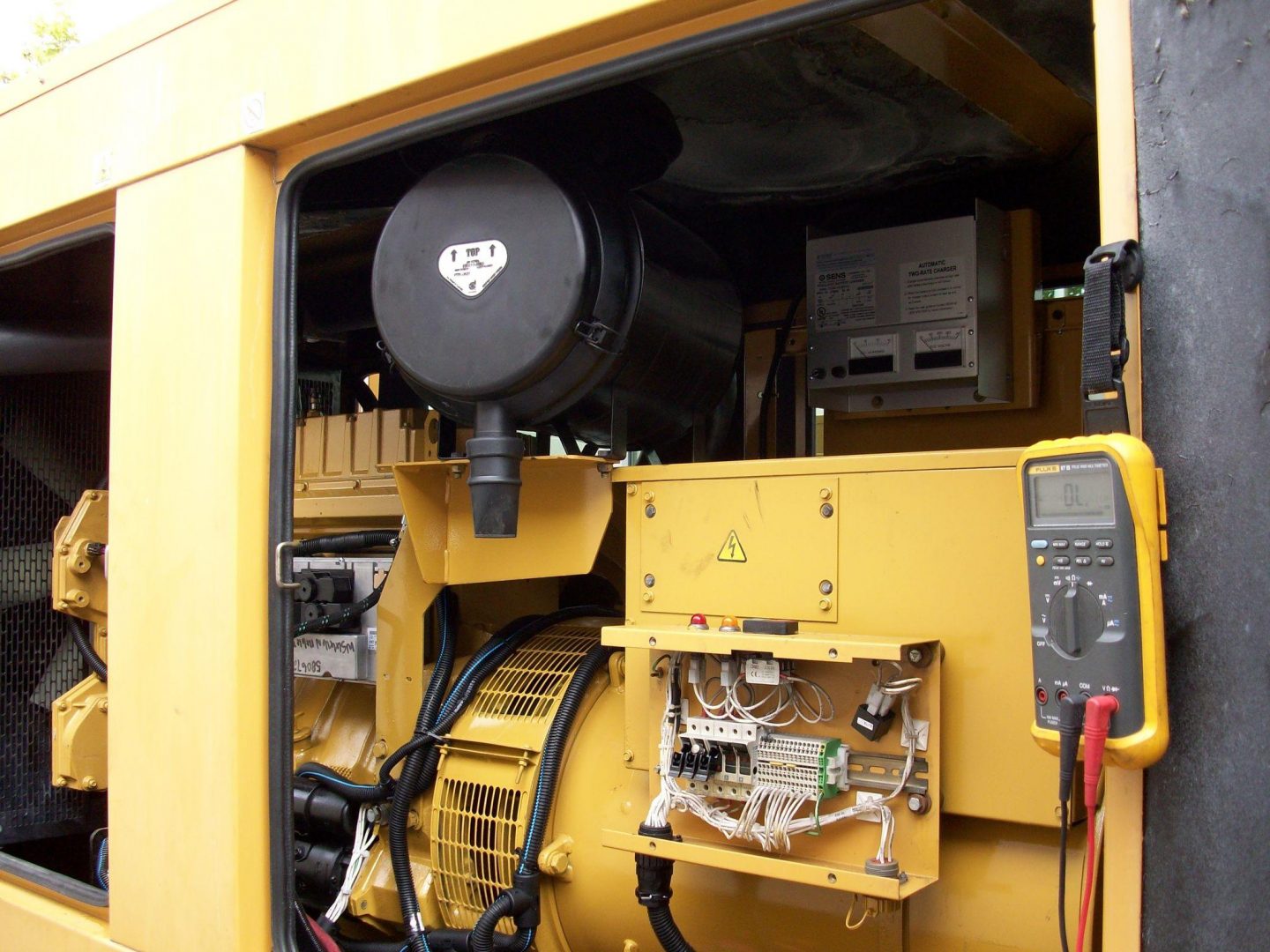
| Task | Frequency |
|---|---|
| Check oil levels | Weekly |
| Check fuel levels | Weekly |
| Check coolant levels | Weekly |
| Change oil filter | Monthly |
| Check battery terminals | Monthly |
| Check for air leaks | Monthly |
| Check voltage regulator | Yearly |
| Replace sparkplugs | Yearly |
| Check starter motor | Yearly |
Maintaining an efficient generator is essential to ensure its optimal performance and to prevent any unnecessary damage. Regular inspection and maintenance of the generator will help to prolong its lifespan. Below are some of the tasks that should be performed on a regular basis to maintain an efficient generator:
• Check oil levels – should be done weekly.
• Check fuel levels – should be done weekly.
• Check coolant levels – should be done weekly.
• Change oil filter – should be done monthly.
• Check battery terminals – should be done monthly.
• Check for air leaks – should be done monthly.
• Check voltage regulator – should be done yearly.
• Replace sparkplugs – should be done yearly.
• Check starter motor – should be done yearly.
Advantages of an Efficient Generator
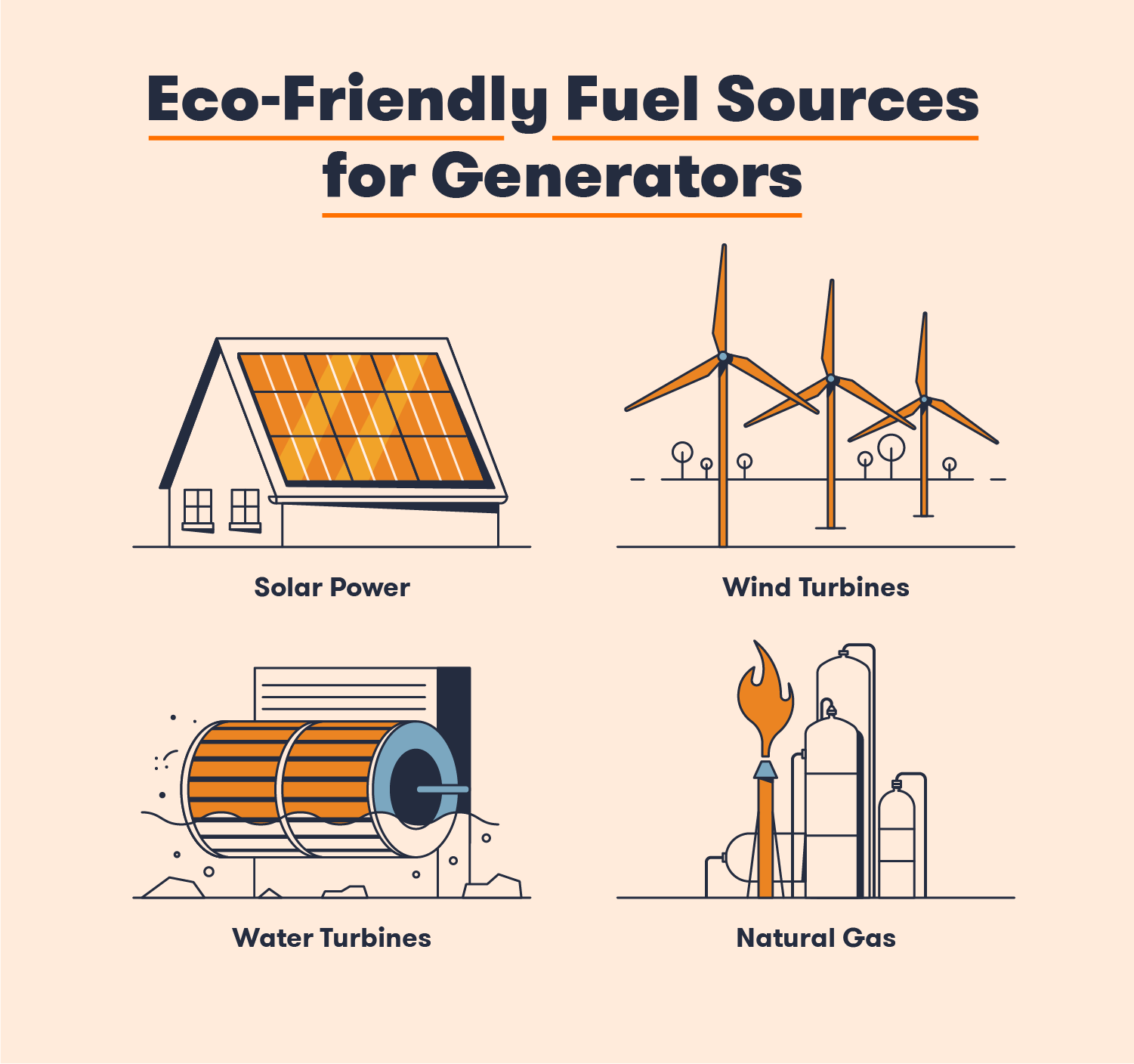
| Advantage | Description |
|---|---|
| Cost Effective | Efficient generators are more cost-effective than their traditional counterparts, allowing users to save money on energy costs. |
| Eco-Friendly | Efficient generators use less energy and produce fewer emissions, making them an environmentally-friendly choice. |
| Energy Savings | By using less energy, efficient generators can save you money on your energy bills. |
| Quieter Operation | Efficient generators are quieter than traditional generators, reducing noise pollution. |
| Longer Lifespan | Efficient generators have a longer lifespan than traditional generators, due to their improved design. |
Efficient generators offer many advantages over traditional generators. They are cost effective, eco-friendly, energy saving, quieter to operate, and have a longer lifespan. This makes them a great choice for anyone looking for an energy-efficient and cost-effective generator.
Disadvantages of an Efficient Generator
- Cost: Efficient generators can be very expensive, which can be a deterrent for those on a budget.
- Noise: Most efficient generators can be louder than traditional generators, making them a less desirable choice for those in residential areas.
- Fuel: Efficient generators are often more fuel-efficient, but they still require a large amount of fuel, which can be difficult to store or transport.
- Maintenance: Efficient generators tend to require more maintenance than traditional generators, which can be costly and time-consuming.
- Size: Efficient generators are usually larger than traditional generators, making them less portable and more difficult to store.
Alternatives to an Efficient Generator
- Wind Turbines: Wind turbines are a great alternative to generators and are a clean energy source. They are easy to install, require minimal maintenance and are relatively inexpensive. They generate power by capturing the kinetic energy of the wind and converting it into electricity.
- Solar Panels: Solar panels are a great renewable energy source that can be used as an alternative to generators. They use the sun’s energy to generate electricity, as opposed to burning fossil fuels. Solar panels are easy to install and require minimal maintenance.
- Geothermal Power: Geothermal power is produced by tapping into the heat energy of the earth. It is a clean and renewable energy source that can be used as an alternative to generators. Geothermal power plants are easy to install and require minimal maintenance.
- Hydro Power: Hydro power is a renewable energy source that can be used as an alternative to generators. It is produced by capturing the energy of flowing water and converting it into electricity. Hydro power is a clean energy source and is relatively inexpensive to install.
- Biofuels: Biofuels are a renewable energy source that can be used as an alternative to generators. Biofuels are produced from organic matter, such as plants or animals, and can be used to generate electricity. They are relatively inexpensive to install and require minimal maintenance.
Frequently Asked Questions
What are the benefits of using an energy efficient generator?
Energy efficient generators provide numerous benefits compared to conventional generators, including lower fuel costs, fewer emissions, and increased efficiency. They are more cost-effective in the long run, as they minimize energy loss and require less fuel to produce the same amount of energy. Additionally, they are much quieter and cause less disruption to the environment. Furthermore, energy efficient generators have a longer usable lifespan and require less maintenance, resulting in fewer repair costs.
What makes a fuel efficient generator more efficient than other generators?
A fuel efficient generator uses a combination of advanced technologies to reduce fuel consumption and increase the efficiency of the generator. This includes features such as longer run times, improved combustion, and advanced engine design. These features allow the generator to operate at a lower cost and use less fuel. Additionally, fuel efficient generators are designed to run in a variety of conditions, allowing them to be used in a variety of applications.
How does a super efficient generator unlock unprecedented power?
Super efficient generators are designed to generate more energy from the same amount of fuel, by improving the efficiency of the engine. This means that it is able to produce more power without the need to use more fuel, resulting in a reduced cost and environmental impact. By taking advantage of the latest technologies, such as advanced combustion technologies, fuel injection systems, and exhaust aftertreatment systems, a super efficient generator can reduce fuel consumption and emissions while delivering more power. This unlocks unprecedented levels of energy efficiency and availability, allowing businesses, homes, and other users to benefit from the cost and environmental savings.
How can an efficient generator help save money?
Efficient generators are designed to use less fuel while providing the same amount of power. This means less money spent on fuel and more energy savings. Generators that are more efficient also produce less emissions, which can save money in the long run on environmental costs. Additionally, efficient generators require less maintenance, resulting in fewer repair costs.
What kind of generator can provide the most efficient power?
A permanent magnet generator (PMG) is the most efficient type of generator, as it does not require an external power source for excitation. It produces its own magnetic field, allowing for more efficient power production. It is also mechanically simpler, with fewer moving parts, allowing for less maintenance and repairs. The PMG is also quieter than other generators, making it the most efficient type of generator for residential and commercial applications.
Conclusion
This article has discussed how efficient generators are unlocking unprecedented power for generators. With the combination of advanced technology and modern design, efficient generators are capable of providing more power, while consuming less energy and resources. They are also more reliable, easier to maintain and more cost-effective than traditional generators. This makes them ideal for use in a variety of applications, from residential to industrial. With the right selection and maintenance, efficient generators can provide reliable and powerful energy for many years to come.

